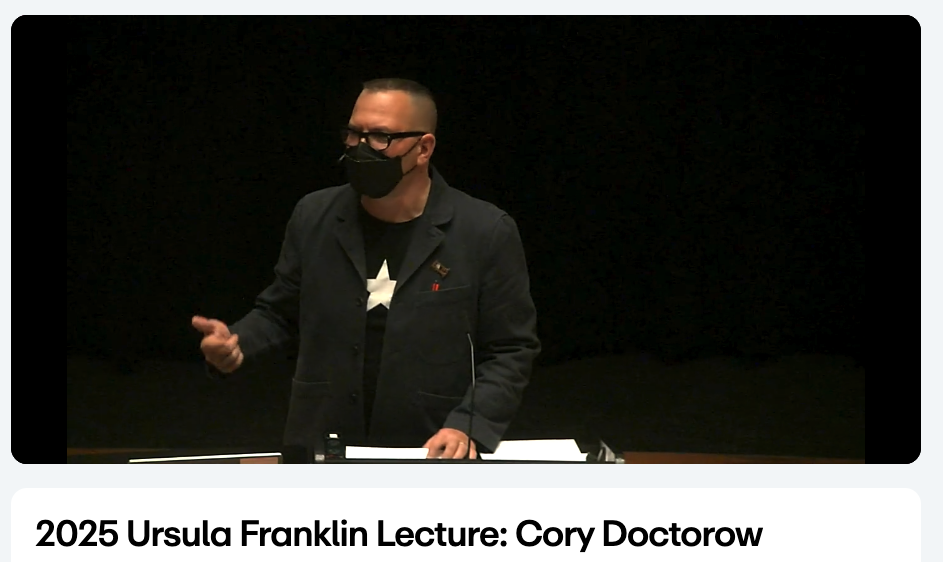If you're serious about making history
The aide [to President George W. Bush] said that guys like me were “in what we call the reality-based community,” which he defined as people who “believe that solutions emerge from your judicious study of discernible reality.” I nodded and murmured something about enlightenment principles and empiricism. He cut me off. “That’s not the way the world really works anymore,” he continued.
“We’re an empire now, and when we act, we create our own reality. And while you’re studying that reality -- judiciously, as you will -- we’ll act again, creating other new realities, which you can study too, and that’s how things will sort out. We’re history’s actors . . . and you, all of you, will be left to just study what we do.”
There's a liberal knee-jerk in us which is just repelled by this language, by this refusal of the fact-based reality. But if you're serious about making history this is exactly how you act. This is exactly how you act. This is the template of how you would understand the process of making change. Of course, it ends in disaster…




